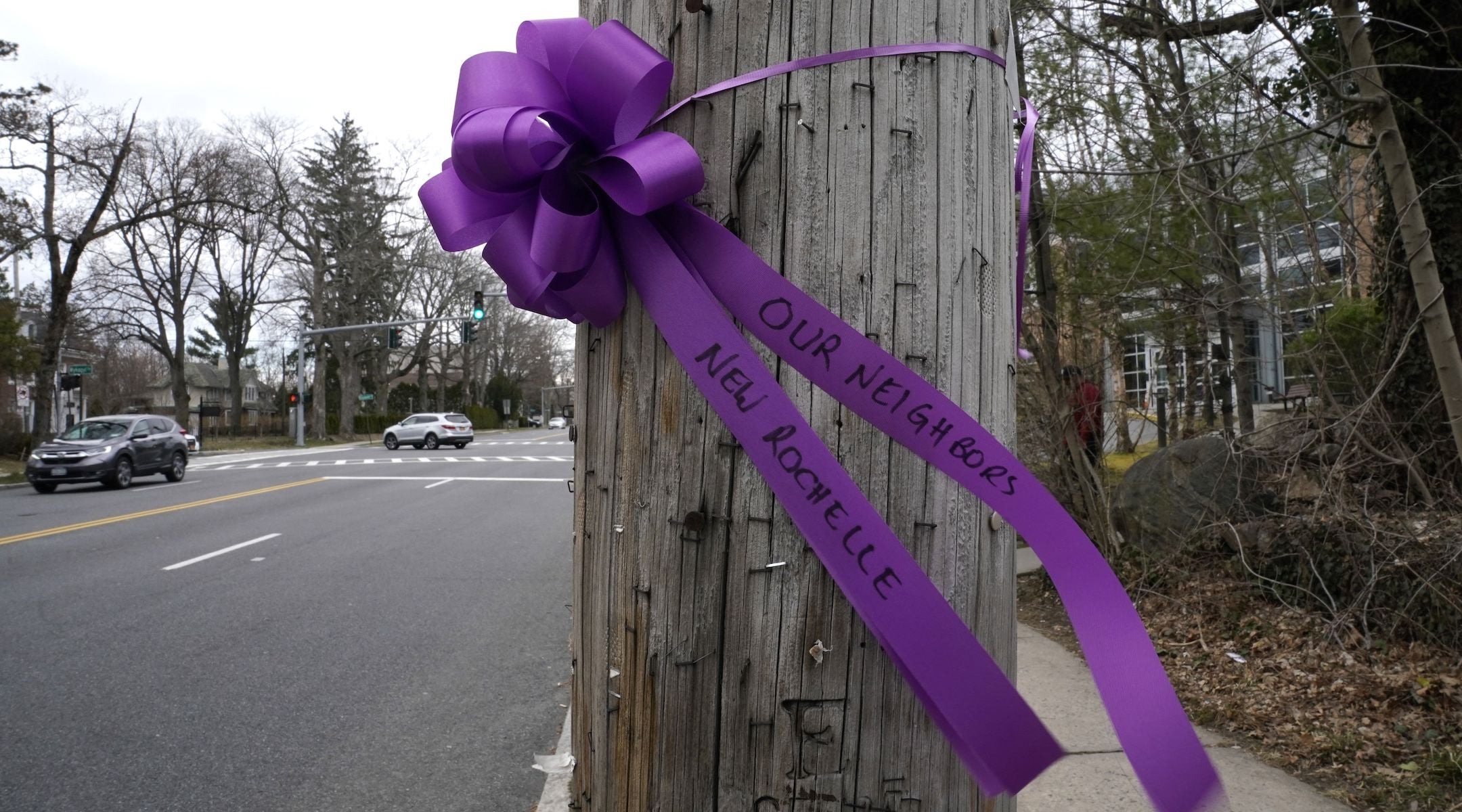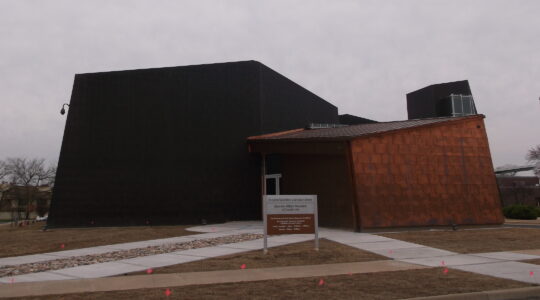(JTA) — The attorney at the center of the coronavirus outbreak in the New York City area, said he he has no idea how he contracted the deadly virus.
Lawrence Garbuz of suburban New Rochelle, told Savannah Guthrie in an interview aired Monday on NBC’s “Today” show that he went to his doctor with a cough and a low-grade fever and that COVID-19 never even came up. The doctor sent him to the emergency room.
“After we entered the emergency room, I have absolutely no recollection of anything that transpired until I woke up from the coma,” he said. “So it’s as if three weeks of my life had completely disappeared and I was asleep for all of it.”
Garbuz, known as New York City’s coronavirus “patient zero,” was directly connected to at least 37 other confirmed cases in New York, including his wife, two of their children and a neighbor. Following his diagnosis, a one-mile containment zone was set up around his synagogue and the New Rochelle community.
Garbuz, who describes himself as a lawyer who sits at a desk all day, said at the time of his diagnosis, U.S. doctors were worried about people who traveled abroad, especially to China, where COVID-19 first emerged in the city of Wuhan.
His wife, Adina, told Guthrie that she decided to transfer her husband to New York-Presbyterian Hospital in Manhattan and asked for him to be intubated on the ambulance ride.
“He was suffering, and I couldn’t watch it,” she said. “I’m looking at him, and I just didn’t think he was going to make an ambulance ride in that state.”
Garbuz woke in his hospital room three weeks later to photos of his family, who were not allowed to visit him in the hospital. He was released from the hospital at the end of March, New York Gov. Andrew Cuomo announced during a news briefing.
He said he has tried to ignore his ignominy as one of the first people in the state to get the virus.

Help ensure Jewish news remains accessible to all. Your donation to the Jewish Telegraphic Agency powers the trusted journalism that has connected Jewish communities worldwide for more than 100 years. With your help, JTA can continue to deliver vital news and insights. Donate today.






